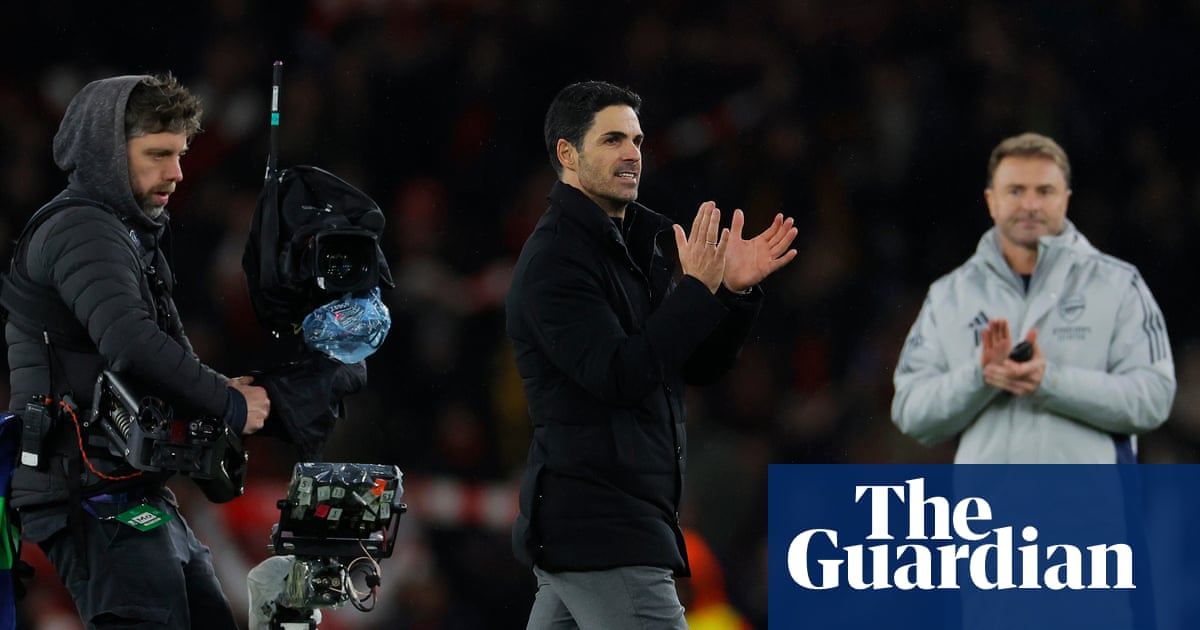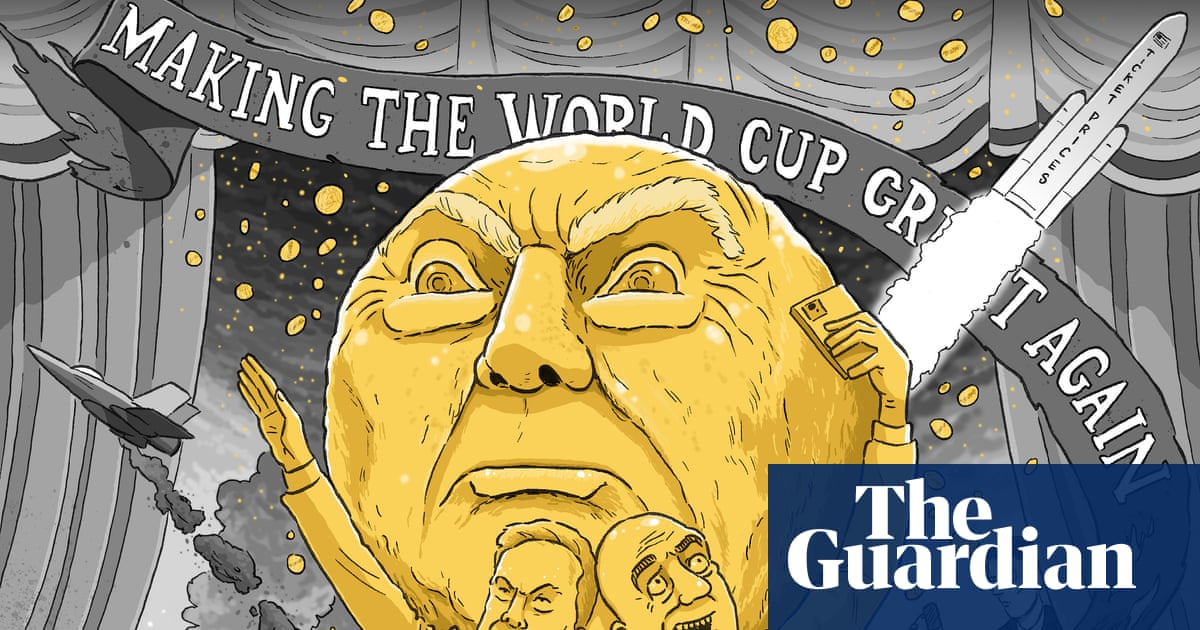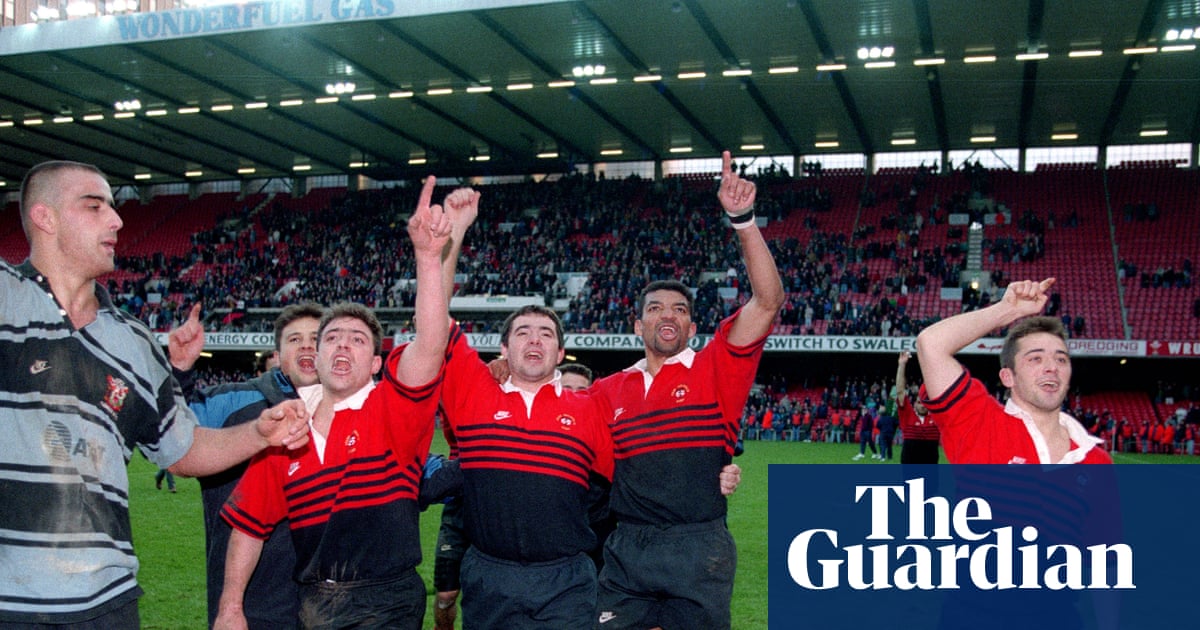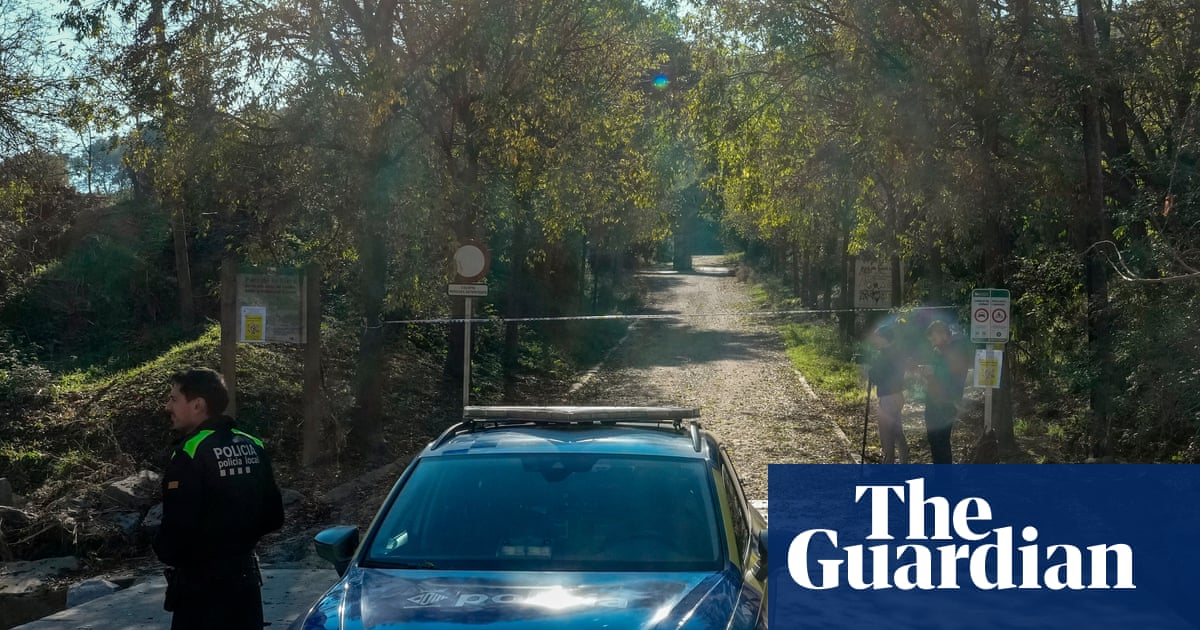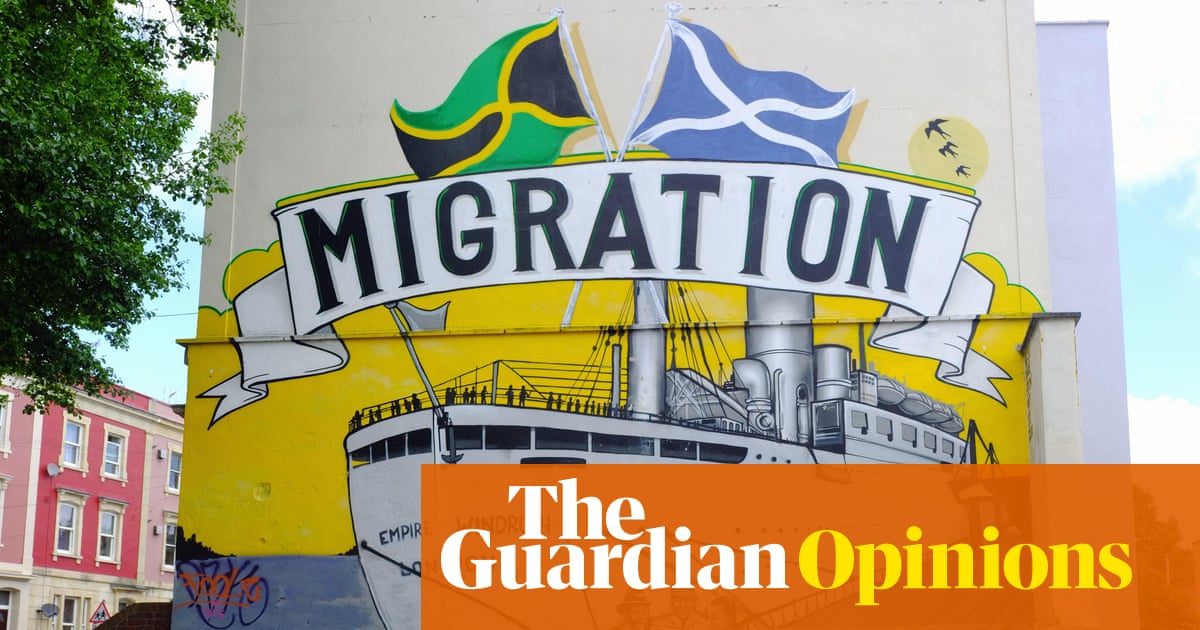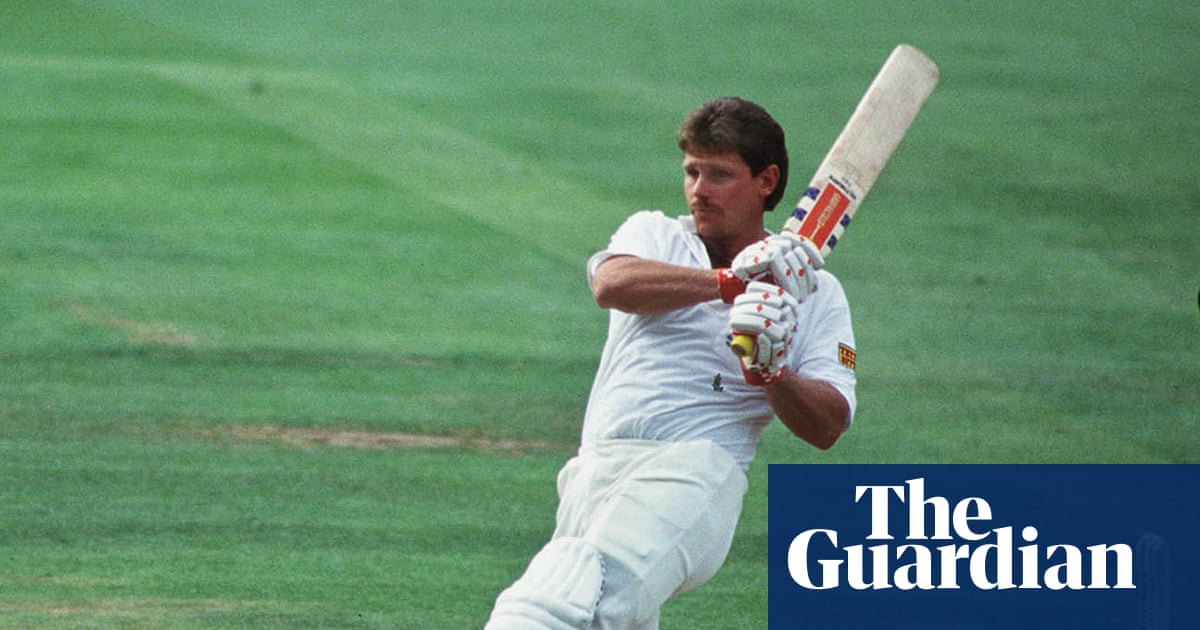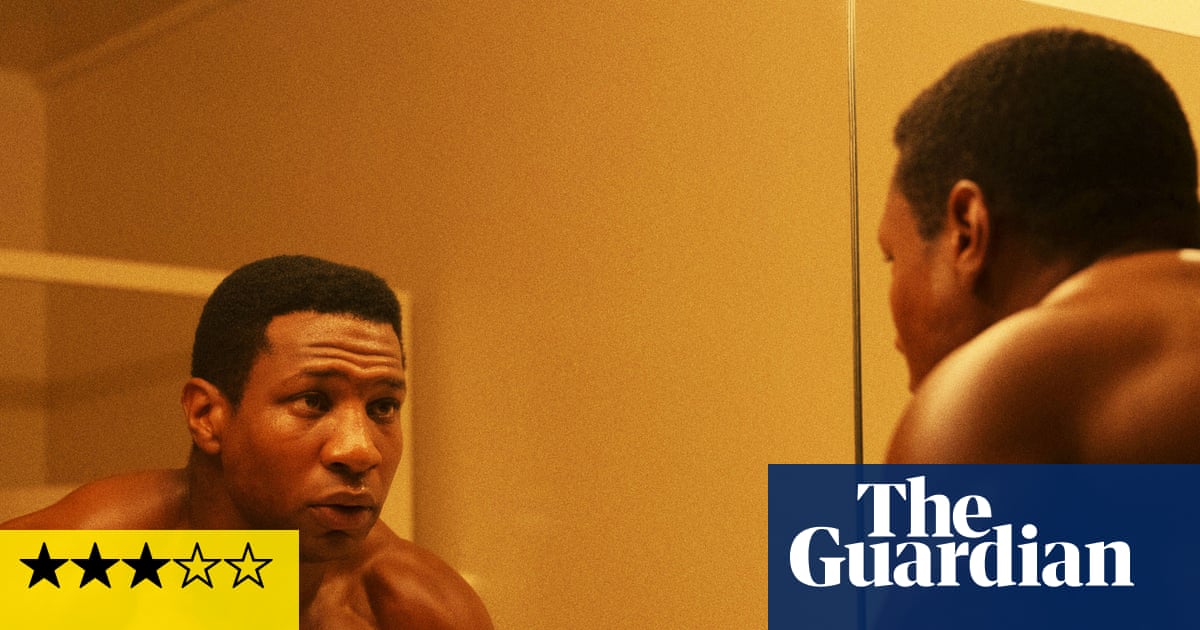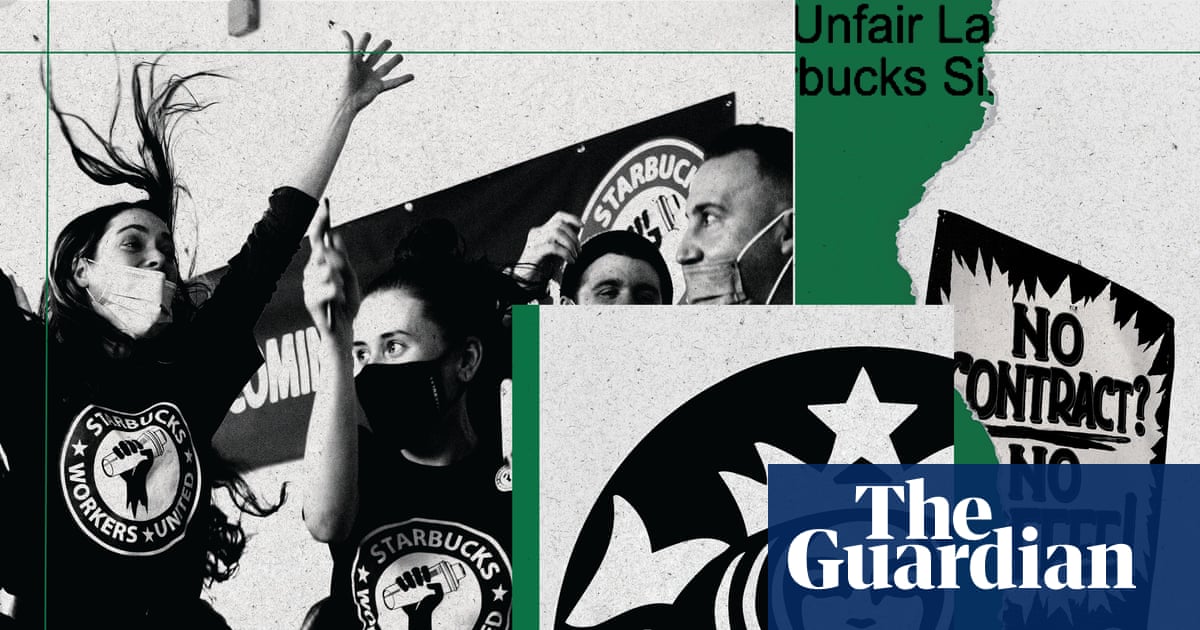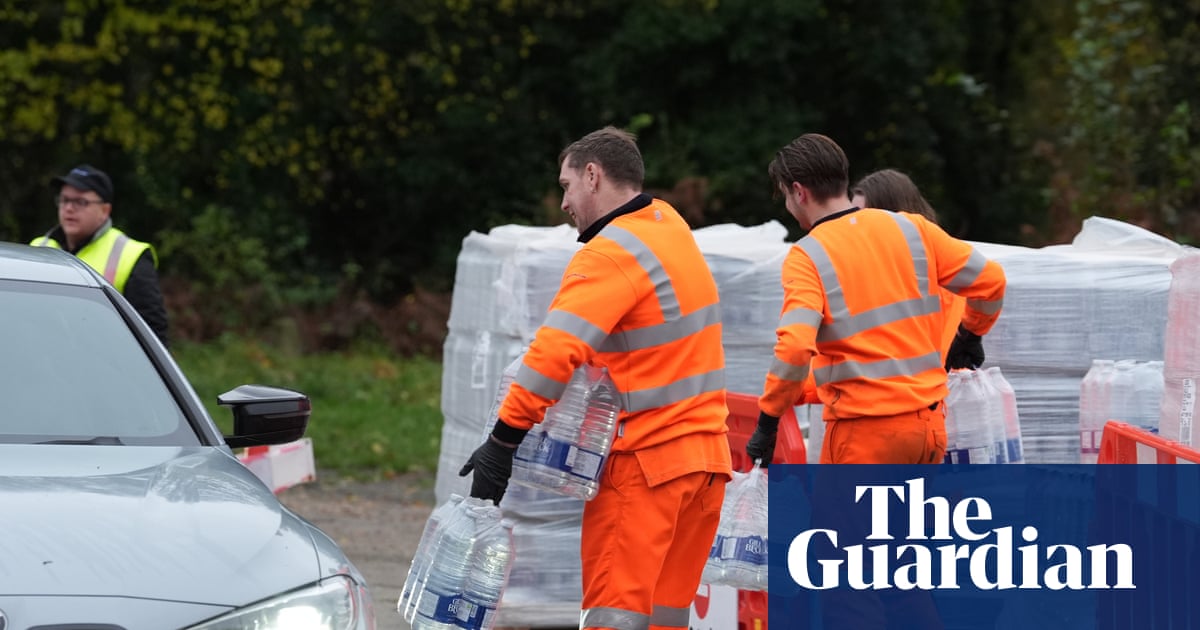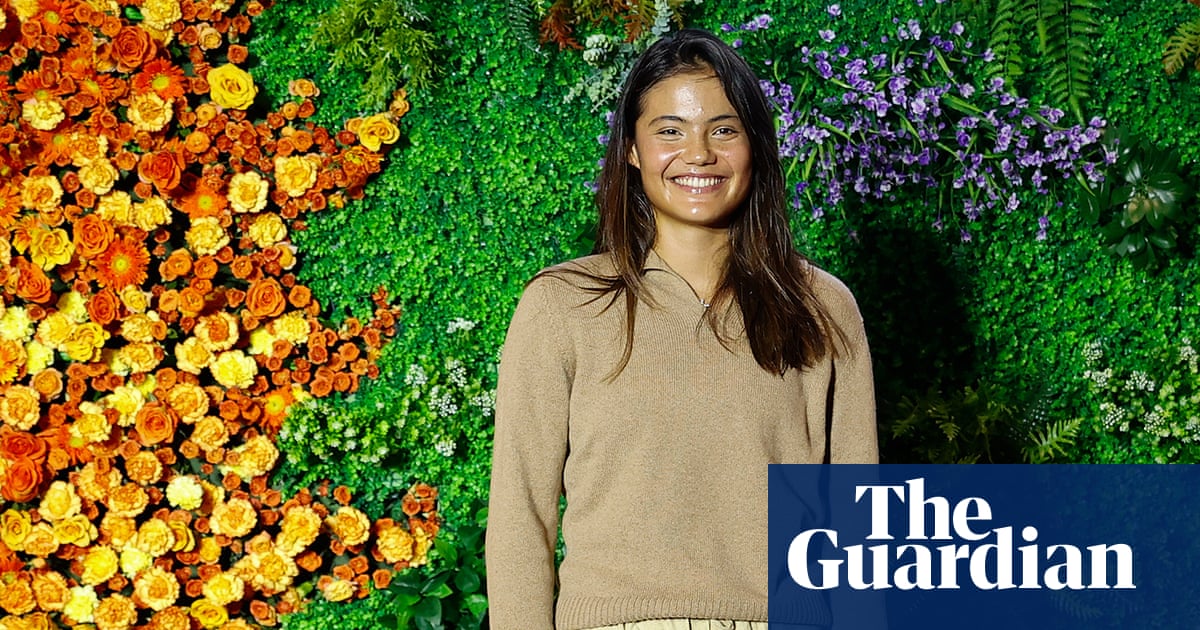In the first week of summer 2019, I decided I wanted a job. I was 16, finally old enough to attend festivals and concerts with my friends; all I needed was the money. With no prior work experience, I scraped together a CV that didn’t even fill a page and sent it to every shop and cafe in my little village in Chelmsford, Essex. Miraculously, I was offered a job interview at the local fast food restaurant.
I remember the nerves I felt on the way there. What would they ask me? Would they like me? In the end, I had nothing to worry about. The interview went well and the hiring manager seemed ready to hand me a contract. But, before I left, he asked me to try out serving a customer. “Just give her the items shown next to her order number on that screen,” he said, pointing to a monitor on the wall behind him.
To my horror, I couldn’t make out a single word on the display. The customer, a woman with her young daughter, stood impatiently as I froze. I didn’t know what to say. After a few awkward minutes, the hiring manager dismissed me and I received a rejection email the next morning. My dreams of attending Wireless and Reading festivals with my friends disintegrated – and I had another, more important, revelation: for the first time in my life, I realised that I was disabled.
I knew I had been born partially sighted due to complications in the womb. As a child, I remember struggling to see the whiteboard in class, even when I was sitting right at the front. I masked this by copying notes from my friends, face bent close to the paper. To this day I struggle with basic maths, having learned most of it second hand.
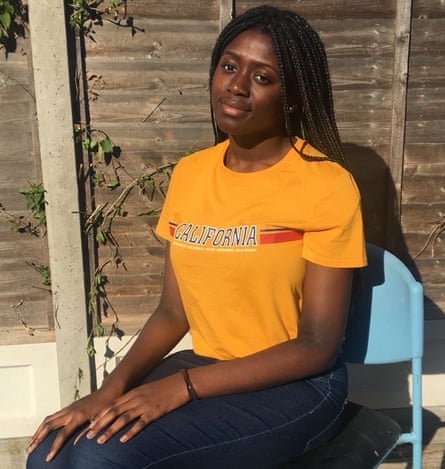
The adults in my life – at home, school, and at my regular hospital appointments – talked about my vision in huddled groups, voices hushed, eyebrows furrowed. It never occurred to me that most children didn’t frequently visit an ophthalmologist. As a seven-year-old, I had treated my two-week hospital stay (while doctors tried to work out what was wrong with me) like a holiday, befriending all the other children on the ward and working my way through books from the hospital library – at that age, I was less self-conscious about how close I had to hold the page in order to see text clearly.
As I got older, I buried the secret even more. At secondary school, I was the new kid who had moved from Ireland to Essex, and I desperately tried to hide my visual impairment.
But when I got back from that job interview, I made the first step towards navigating life with a disability: acceptance. It was a slow, agonising progress. At my next ophthalmologist appointment, I started asking more questions. I learned that glasses couldn’t improve my vision and that I would never be allowed to drive. Each new detail felt like a fresh blow.
For the first time, I looked at the official diagnosis I had received at 12 years old on my certificate of visual impairment: retinal dystrophy. Seeing the words in cold, bold print made something that had seemed so abstract and confusing a reality. To my surprise, I was filled with relief.
The next step was unlearning the hyper-independence I had developed over the years. I hated asking for help – so much so that I preferred taking the wrong bus than asking a stranger to read out the route number for me. I would say I wasn’t hungry at restaurants because I was too self-conscious to look closely at the menu. My biggest fear was being vulnerable and, at first, every time I asked for help, I would have a panic attack.
But as I started reaching out for help, the love and support of my friends overwhelmed me. They built up my confidence so that I no longer felt embarrassed to ask for assistance. As I started asking strangers for help, reading menus at cafes, navigating confusing tube stations or for aid crossing the road, I was surprised at how kind they were.
Today, I feel very far from the anxiety-ridden 16-year-old I was at that interview. I know that I cannot change my vision, but I treat every new barrier as a challenge. Speaking up when something is inaccessible has taught me that adjustments can usually be made to accommodate my needs, and I am no longer shy to ask for them. If I ever do feel anxious to admit I can’t see something, I remember there are more than 2 million people living with sight loss in the UK. I’m not just speaking up for me, but for the millions like me. And, these days, I make sure I never go hungry in restaurants.

 2 months ago
68
2 months ago
68






